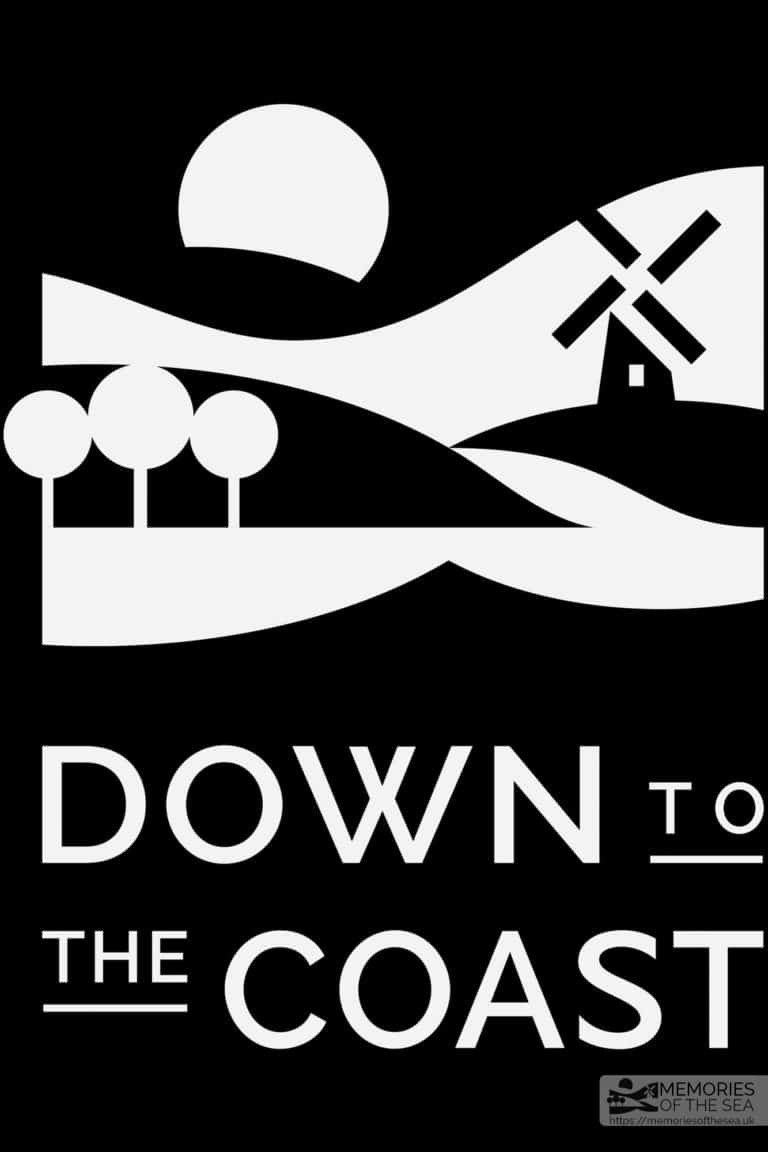Graham Hall on Saving Lives at Sea
The majority of the crew lived in Cowes, because we were always, even when we were at home one weekend, we were on a two-hour notice to sail in the event of emergencies.
I remember certain emergencies like the ‘Pacific Glory’ which was a big ship that caught fire, a big tanker that caught fire. The ‘Pacific Glory’ was a tanker that had been in collision and was brought into Sandown Bay, but it was on fire, heavily on fire.
It was, you know, a front-page story on the press of this big tanker in there and we had to go out there for various reasons.
It was a bit tricky, because it was low water in Cowes and we could only get out just off high water, the ship was too big to get out at low water, so we managed to muster a crew and sail round there. By the time we got there, there was many people there, doing what we could but we kept a watching brief there.
We always kept a watching brief when there were these incidents, both to keep … first of all to see if we could rescue anybody that needed rescuing but usually, we were a bit late for that.
Mainly we were there to stop other people getting into danger running in there and act as an authority, if you like, because we had a certain statutory authority from the Government, the authority to take action over it and of course, if anything sank, it was our responsibility to mark the position, buoy it off so nobody ran into it. That was one of our big requirements.
The ‘Pacific Glory’ didn’t, the fire was put out and it was towed away.







